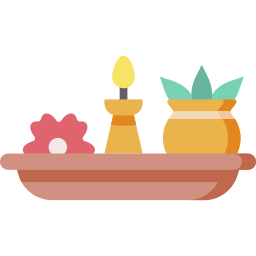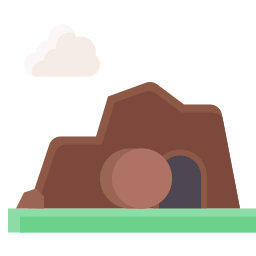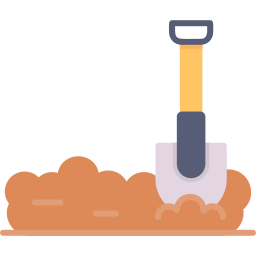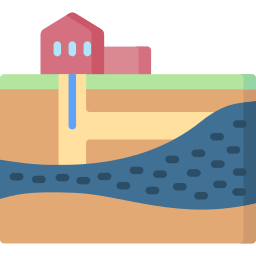Complete the Text
The Ancient City of Ugarit
Online Exercise with Vocabulary
Vocabulary
Study the vocabulary and complete the text with 4 Nouns, 4 Verbs, and 4 Adjectives
Nouns

NOUN
Expertise
Expert skill or knowledge in a particular field.

NOUN
Prosperity
The state of being successful.

NOUN
Ritual
A set of actions done in a specific way, often for religious or cultural reasons.

NOUN
Tomb
A structure that serves as a final resting place for the deceased.
Verbs

VERB
Enrich
To improve the quality of something.

VERB
Flourish
To develop rapidly and successfully.

VERB
Halt
To stop or bring to a sudden pause.

VERB
Unearth
To find something in the ground by digging.
Adjectives

ADJECTIVE
Buried
Hidden underground.

ADJECTIVE
Extensive
Covering or affecting a large area.

ADJECTIVE
Indispensable
Absolutely necessary.

ADJECTIVE
Prominent
Important or well known.
Text Completion
Complete the text using the vocabulary in the word bank.
Complete the Text
Word Bank
- buried
- unearthed
- rituals
- indispensable
- enriched
- flourished
- extensive
- halted
- tomb
- prominent
- expertise
- prosperity
The Ancient City of Ugarit
Ugarit was a Bronze Age city-state located on the Mediterranean coast in modern-day Syria. Strategically located on trade routes linking Mesopotamia, Egypt, and the Aegean, Ugarit between 1450 and 1200 BCE as a center for maritime and overland trade. Despite its , Ugarit collapsed around 1200 BCE, likely due to a combination of invasions, economic decline, and political instability. The city was destroyed by fire, abandoned, and remained for over three thousand years until its rediscovery in the 20th century.
In 1928, a farmer’s accidental discovery of a led to excavations that revealed Ugarit’s ruins. Archaeologists clay tablets inscribed with cuneiform, an early writing system using wedge-shaped marks. These tablets described myths, , and administrative records. Researchers also found an royal palace, temples, and artifacts, including Mycenaean pottery and gold jewelry. With a sophisticated urban design and advanced water management systems, including wells, cisterns, and drainage networks, Ugarit displayed remarkable engineering for a city of that era.
Ugarit’s rediscovery has our understanding of Bronze Age civilizations. Archaeologists believe Ugarit has more to reveal, but regional conflicts since 2011 have research, and scholars await safer conditions to resume exploration. Ugarit’s artifacts and texts, now preserved in the National Museum of Damascus and the Louvre, are in our study of Bronze Age urban societies.
